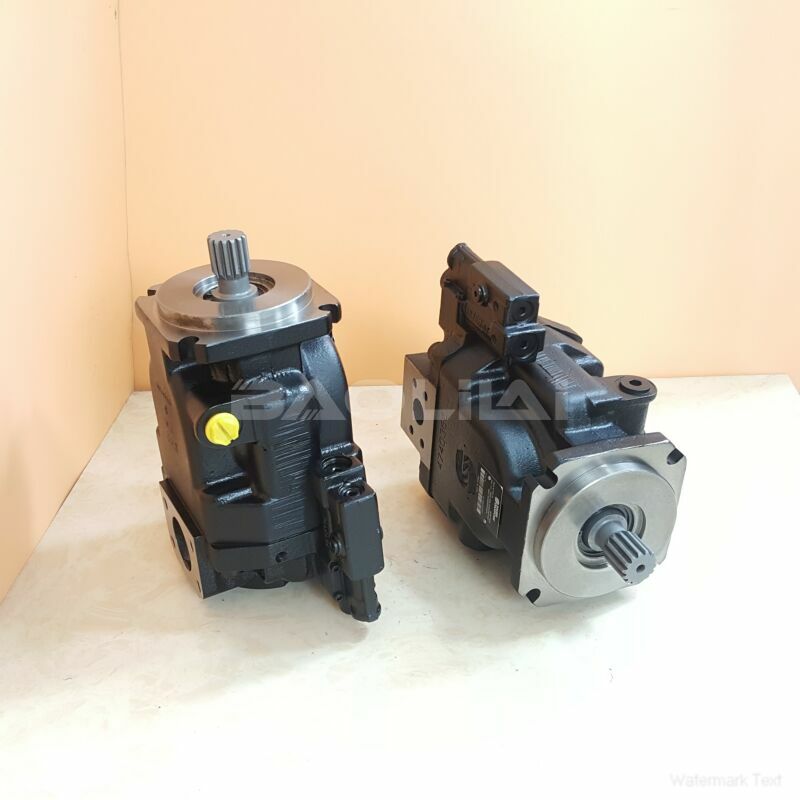FRL074BLS1220NNN3S1R2A1NAAANNNNNN danfoss pump
FRL074BLS1220NNN3S1R2A1NAAANNNNNN danfoss pump

- Product Details
- Applicable Scene
In an increasingly competitive industrial landscape, the optimization of machinery and systems is vital for enhancing productivity and reducing operational costs. Among the key components that play a critical role in various applications are hydraulic pumps. Danfoss hydraulic pumps have emerged as a compelling alternative to traditional hydraulic systems. This article explores the advantages of Danfoss hydraulic pumps through a detailed case study.
FR-L-074B-LS-12-20-NN-N-3-S1R2-A1N-AAA-NNN-NNN
FRL074BLS1220NNN3S1R2A1NAAANNNNNN
The case study focuses on a manufacturing plant that was facing challenges with its existing hydraulic system, which was characterized by inefficiency, frequent maintenance needs, and higher energy consumption. The plant manager decided to replace the traditional hydraulic pumps with Danfoss hydraulic pumps to understand if a change in technology could lead to substantial improvements.

83010679
One of the primary advantages observed was efficiency. Traditional hydraulic systems often operated at a fixed speed, resulting in energy wastage, especially during low-load operations. In contrast, Danfoss hydraulic pumps are designed with variable speed drive capabilities that adjust to the specific demands of the system. This flexibility not only optimizes energy consumption but also reduces wear and tear on the system components, leading to a lower total cost of ownership.
Another significant benefit was the reduction in maintenance requirements. Traditional systems required regular maintenance and occasional overhauls due to their complex mechanical configurations and the need for regular oil changes. The Danfoss hydraulic pumps, on the other hand, utilize advanced technology that minimizes the number of moving parts, leading to lower failure rates and reduced maintenance needs. During the case study, the manufacturing plant reported a 30% decrease in maintenance downtime, allowing operators to focus on enhancing production output rather than managing system failures.





